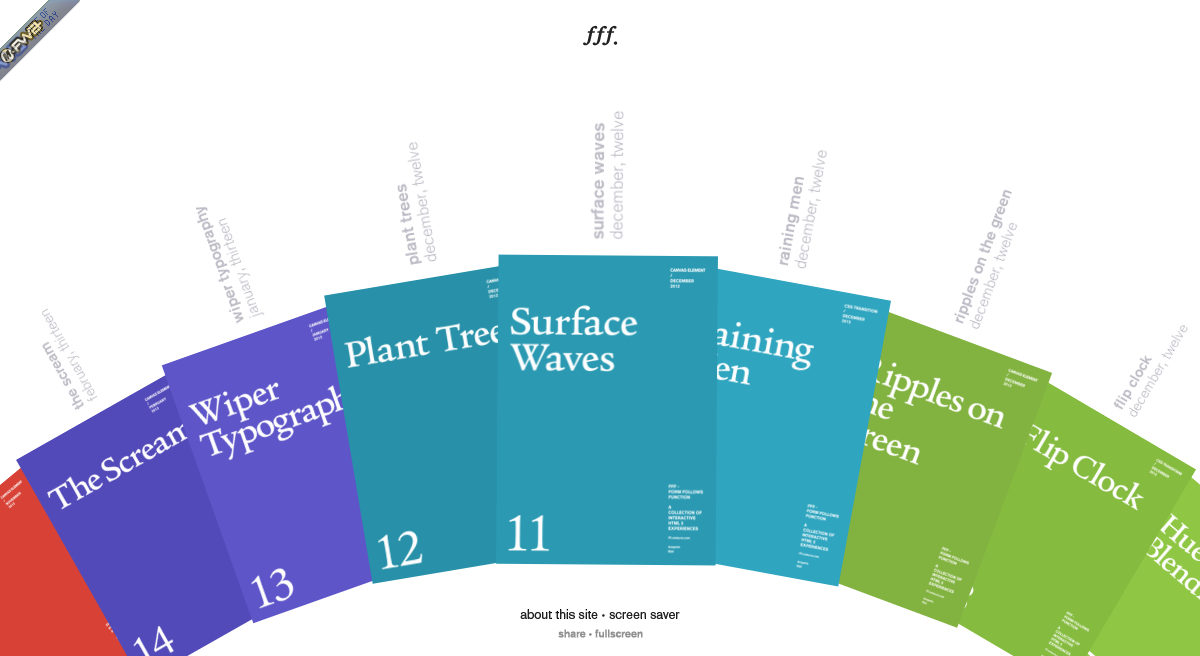
Web design is a highly versatile medium, and the possibilities can be endless. However, most of the sites we visit every day are fairly plain, text-based ways of conveying information. Whether it’s cnn.com or Facebook, sites are generally designed to at least partially resemble printed documents, with boxes and grids delineating information into parseable chunks, but there’s a lot more you can do with web design. Items on a page don’t need to be stationary or even scroll at the same speed, and more and more professional sites are starting to implement these more sophisticated elements. These updates can not only make the user experience more enticing but can also make site content more digestible.
Some publishers are exploring new ways of presenting multimedia content. You may be interested to check out New York Time’s “Snow Fall” to see how videos can be fluidly integrated into reading experiences. Click here to see an example of this on a website we’ve done. Also, check out the Faraday Future website to see how page elements can move and be interactive. These are all great examples of how simple sites can be given an extra edge to impress their readers without being too complex or overwhelming.
However, web design can go even further, eschewing any content at all. Explore “Form Follows Function“, a collection of interactive web experiences. This site sheds the pretext of websites needing practical information and simply aims to show off the power of these new technological advancements in web design, collectively known as HTML5.
AOR is positioned to start using some of these heavily interactive techniques in websites. If you’re interested in something unconventional and entirely cutting-edge, let us know! Check out examples of the websites that we’ve designed here, and send us a message to hello@thinkaor.com to get your web design conversation started.
See our recent work here. And don’t hesitate to reach out.